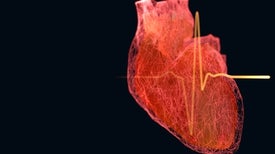
Even Mild COVID Can Increase the Risk of Heart Problems
Scientists are just starting to unravel the disease’s long-term cardiac effects

Scientists are just starting to unravel the disease’s long-term cardiac effects
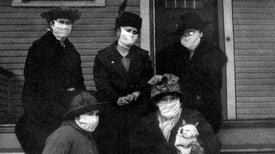
Historians of the 1918 influenza pandemic discuss lessons for what the future of COVID might look like

A CDC database of sewage data from communities around the nation could provide earlier warning of outbreaks and new viral variants

Opinion among physicians and scientists still ranges widely on how quickly to proceed

The reports’ authors say that the novel coronavirus, or SARS-CoV-2, jumped from animals sold at the market to people twice in late 2019—but some scientists want more definitive evidence...
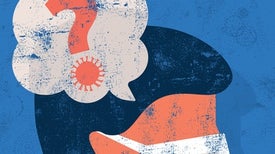
Vaccination definitely lowers the odds, but the exact answer is hard to find
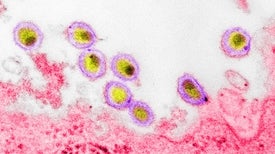
Infectious disease expert William A. Haseltine cautions that a coronavirus variant could emerge with the transmissibility of Omicron and the deadliness of the original SARS
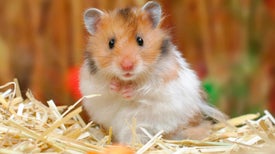
Hamsters are only the second species known to have spread SARS-CoV-2 to humans

It depends, but vaccinated people should generally wait five days after exposure before taking an antigen test. Here’s why

COVID shutdowns limited the spread of influenza in 2019–2020. Several factors could mean this season will be more severe
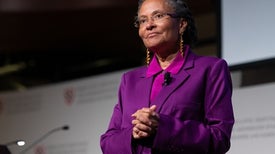
Public health specialist and physician Camara Phyllis Jones talks about ways that jobs, communities and health care leave Black Americans more exposed and less protected
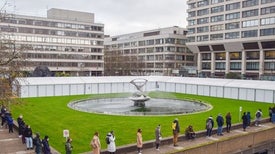
It’s too soon to know if the variant causes milder COVID, but its transmissibility and ability to evade vaccines are still cause for concern

The new coronavirus variant may be better than other versions at avoiding human immune defenses—but that ability may change in different countries
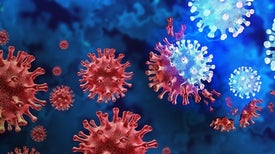
The rapid spread of new variants such as Omicron offers clues to how SARS-CoV-2 is adapting and how the pandemic will play out over the next several months
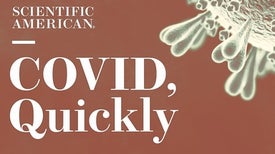
Today we bring you a new episode in our podcast series COVID, Quickly. Every two weeks, Scientific American ’s senior health editors Tanya Lewis and Josh Fischman catch you up on the essential developments in the pandemic: from vaccines to new variants and everything in between...
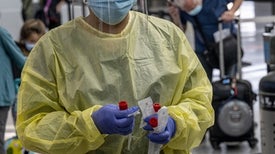
The numerous changes in the coronavirus’s spike protein could have arisen in an isolated population or an immunocompromised person—or animals
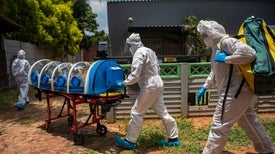
Researchers are racing to determine whether a fast-spreading coronavirus variant poses a threat to COVID vaccines’ effectiveness

A mechanism known as “original antigenic sin” protects some people from flu. Whether it helps immune reactions to coronaviruses is still unclear
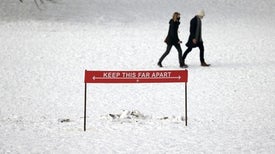
This year is unlikely to see as many severe cases as last year, but relaxed restrictions and a patchwork of vaccination could still mean trouble, experts warn
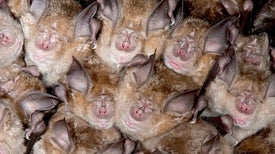
Studies of bats in China and Laos show southeast Asia is a hotspot for potentially dangerous viruses similar to SARS-CoV-2
Support science journalism.

Thanks for reading Scientific American. Knowledge awaits.
Already a subscriber? Sign in.
Thanks for reading Scientific American. Create your free account or Sign in to continue.
Create Account